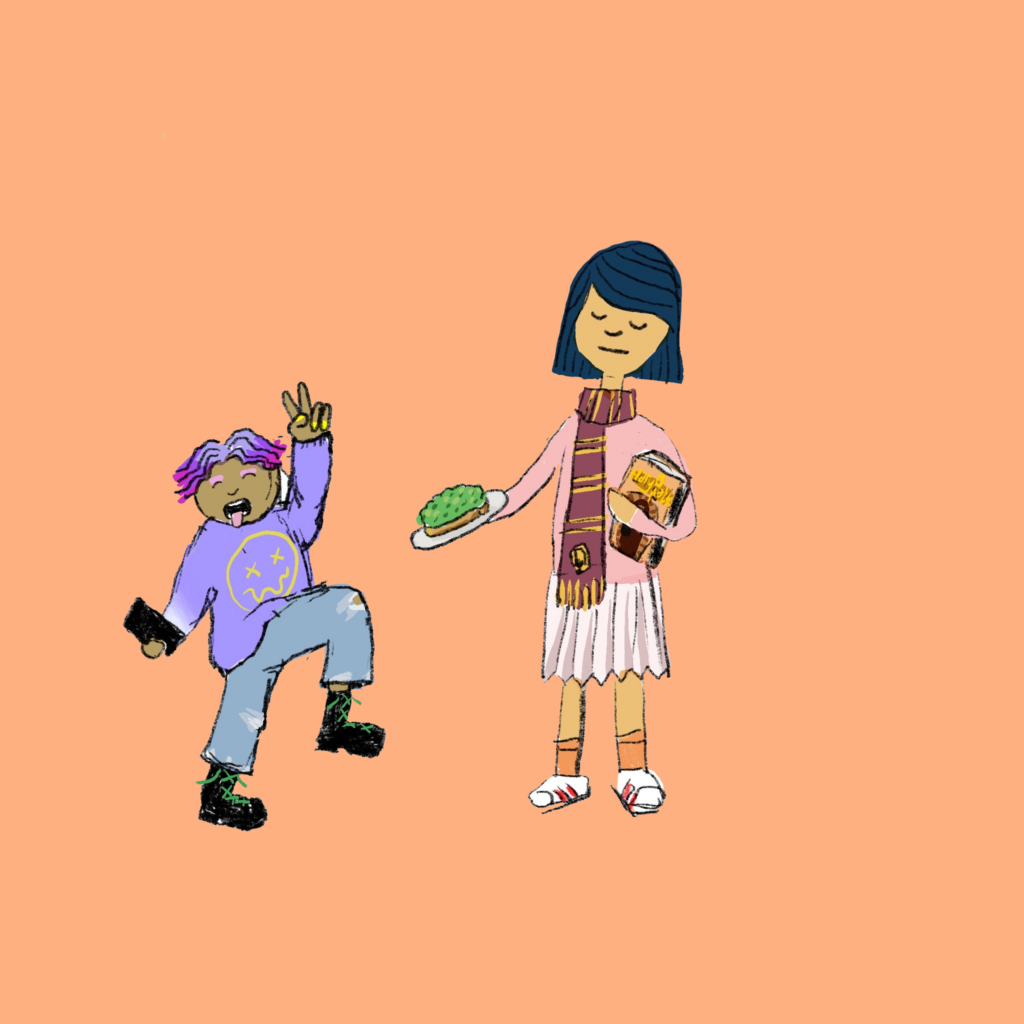I don’t remember 9/11.
I come from a strange generation that is old enough to drink, old enough to have joined the army and served in the wars that followed 9/11, but in 2001, we were too young to really save memories. At 23 years old, I am neither a Millennial nor a Gen-Zer. Too young for MySpace, too old for TikTok.
Nobody perfectly fits one generational definition, because we’re all unique individuals with our own experiences. But some of the life experiences that come with growing up in a certain time — major economic trends, presidencies, wars, television programs, trends — tend to leave similar impressions on whole age groups. By thinking in terms of generations, we can better understand the characteristics and behaviors of a huge portion of the population, from social media all the way to the political arena.
The generational framework is useful for advertisers, for politicians, or for anyone trying to speak to large groups of people. To unite, you speak to what people have in common. To divide, speak to differences. We can talk all day about generational differences — Boomers still use Facebook! Gen Z doesn’t read books anymore! Millennials eat too much avocado toast! It’s easy, but it misses out on the things that make humankind beautiful, the things we all share.

A few years ago I interviewed Leah Goldberg, a 93-year-old Holocaust survivor. She speaks five languages and has lived in four different countries. I speak one language and have spent almost my whole life in New York.
As Leah and I talked for hours in her backyard, she told me about the shtetl where she grew up on the border between Poland and Russia. She told me stories I could never, ever relate to — of losing her entire family, save one sister, to the Nazis. Of braving brutal winters in a Siberian prison camp. Of being reunited with her sister after the war’s end.
But beneath those differences, we shared fundamental human connections. We’ve felt the pain of loss, the drive to survive, the love of our families. She belongs to one of the oldest living generations, and I belong to one of the youngest, but I felt her story deep within me.
Kindness. Anxiety. Joy, sadness, hope. Every generation feels these emotions because every person feels them. You can learn a lot by looking at what sets generations apart, but you can learn even more by searching for the things that stay the same.
While your generation doesn’t change as you get older, the role your generation plays within civic society does.
Baby Boomers (born between 1946 and 1964) and their parents bring the valuable perspective you can only get from living a long life. Gen Xers (1965-1980) remember a world without the Internet, but have since adapted to modern technology. Millennials (1981-1996) have shouldered through several recessions, picking up grit and experience along the way, while Gen Z (1997-2012) has passion, enthusiasm, and a widespread dedication to equality unlike any generation before.
The Boomers were once the young guns, eager to flip the established world on its head. Gen Zers will be the oldest people in the room one day.
As I have gotten older, my means of civic engagement have changed. I have a career now. As a journalist covering real estate in New York City, I have gotten deep into the debate over how best to provide housing for the tens of thousands of New Yorkers who can’t afford a quality place to live. I interview City Council members, skyline shapers, and all the other people with the power to address that issue. I’ve stepped off the sidelines and into the arena. It feels a little weird when these people talk to me like an adult. I still feel like a kid. It’s easy to forget you’ve gotten older.
I am no longer the youngest person in the room. I have some context. Being between two generations, I am inspired by the Gen Zers who are too young to vote but want to shape our democracy through other means. I listen to the hard-earned truths gathered by older generations. We all have something valuable to say — our civic conversation is at its best when we listen to each other.



